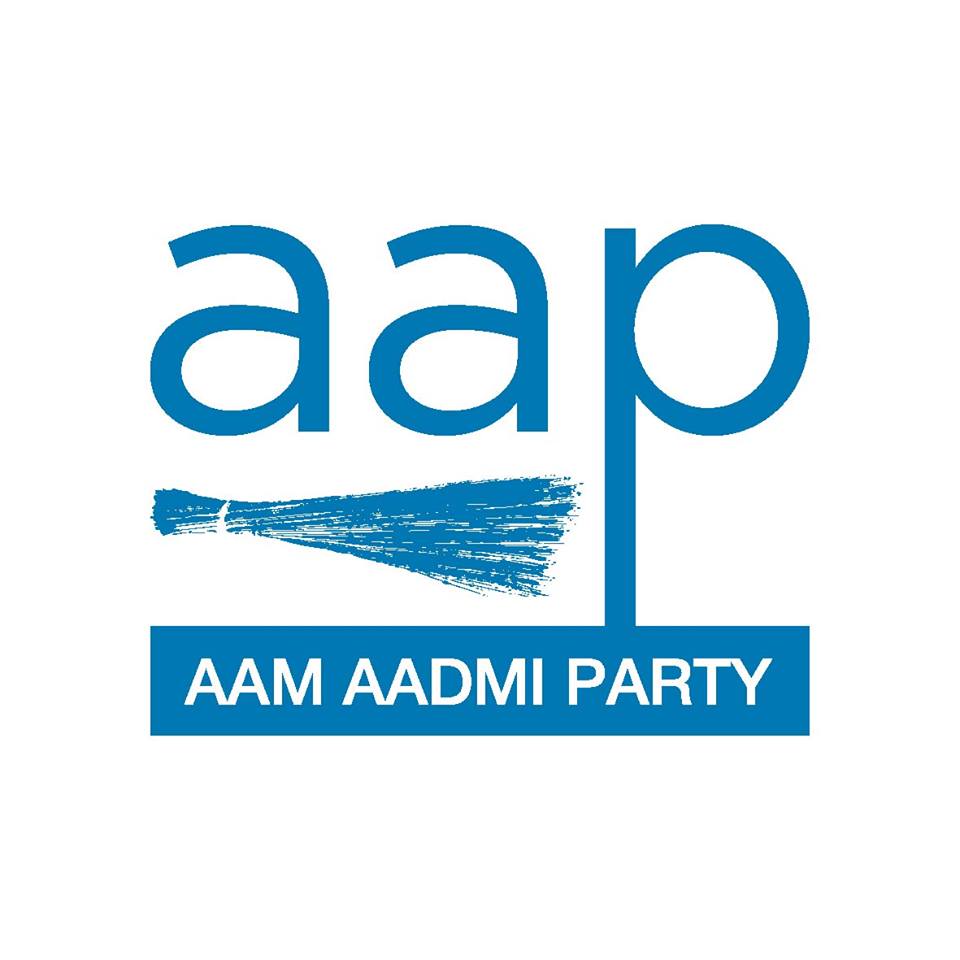Water Minister Atishi expressed severe displeasure over delays in the establishment of in-situ ammonia treatment in Wazirabad Pond. In a written order to the Chief Secretary, she asked him to answer for the undue delay in the project’s implementation despite instructions by the Chief Minister Arvind Kejriwal and repeated follow-ups. While CM Arvind Kejriwal had issued directions to implement the in-situ treatment project in March, the DJB hasnt even begun the project after 9 months, while it was to be completed within 4-6 months post the order. The Chief Secretary has been instructed by the Water Minister to submit a report explaining the delay in the project’s implementation, and to produce a timeline which shows by when the in-situ project will be completed.
On Wednesday, the ammonia levels in Yamuna river touched 2.8 ppm. The increased levels of Ammonia impacted the production capacity of water treatment plants at Chandrawal and Wazirabad. In her order to the Chief Secretary, Minister Atishi observed, “I have been informed that the production capacity of Wazirabad and Chandrawal plants dipped by upto 50% of its capacity and the average production loss was around 35-40%. This crisis adversely impacted almost one fourth of the national capital affecting densely populated areas such as Sadar Bazar, Civil Lines, Old Delhi, Mukherjee Nagar, Burari, Patel Nagar, Rajinder Nagar, Karol Bagh, Majnu Ka Tilla, ISBT, Barafkhana, Bara Hindu Rao, Kamala Nagar, Roop Nagar to name a few. Several urgent measures had to be taken by the DJB to resolve the issue at hand.”
It is reported that the rising levels of ammonia in Yamuna river is now an annually recurring problem, impacting the lives of lakhs of people living in the national capital. Effluents released by Haryana coupled with non-maintenance of ecological flow of the river by Haryana are the major cause behind the rise in ammonia in Delhi. However, no effective steps have been taken to resolve this persistent crisis.
In her order, Minister Atishi specified that the Chief Minister chaired a meeting of the DJB on 15th March 2023, where the ammonia crisis was discussed at length. In the meeting, it was decided that the immediate solution to this crisis was in-situ treatment of ammonia inside Wazirabad pond. “The project was supposed to be implemented within 4-6 months. The Chief Secretary was himself present in the meeting. Despite this, the project is yet to take off, plunging a significant part of Delhi in water crises yet again.” The Water Minister said.
Expressing her disappointment over DJB’s failure to implement such a key project, Water Minister Atishi recalled the numerous meetings that had taken place after she became the Chairperson of the DJB regarding the issue of ammonia in the Yamuna, and how, despite these discussions and repeated follow-ups, no work has begun on the ground to implement the important in-situ treatment project in Wazirabad. “If decisions taken in High level meetings chaired by the Hon’ble Chief Minister, Ministers-in-charge and Chief Secretary are not implemented then it raises serious questions on the Government’s working machinery. This should not be tolerated because non-implementation of such key projects adversely impact the lives of lakhs of Delhiites.”
Pushing for accountability for the DJB’s delays in the implementation of the ammonia treatment project and the adverse impact caused by the same, the Water Minister has instructed the Chief Secretary to:
- Put up a report by 1st January as to why the delay occurred
- Submit a timeline by 1st January as to when the in-situ ammonia treatment plant will be functional, and to personally monitor the project’s swift implementation
- Ensure that tender for the in-situ ammonia treatment plant gets floated, latest by the 15th January.n

